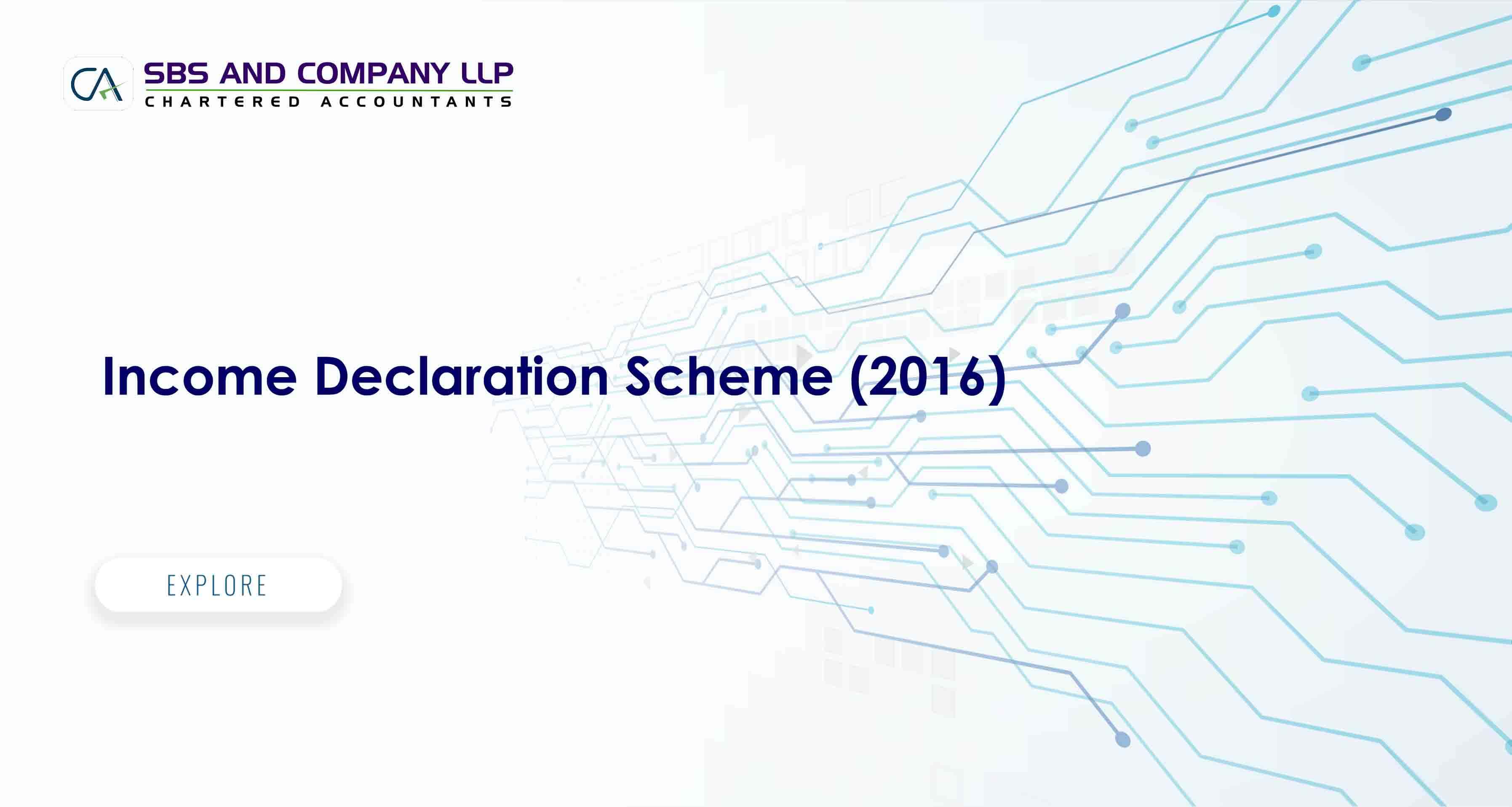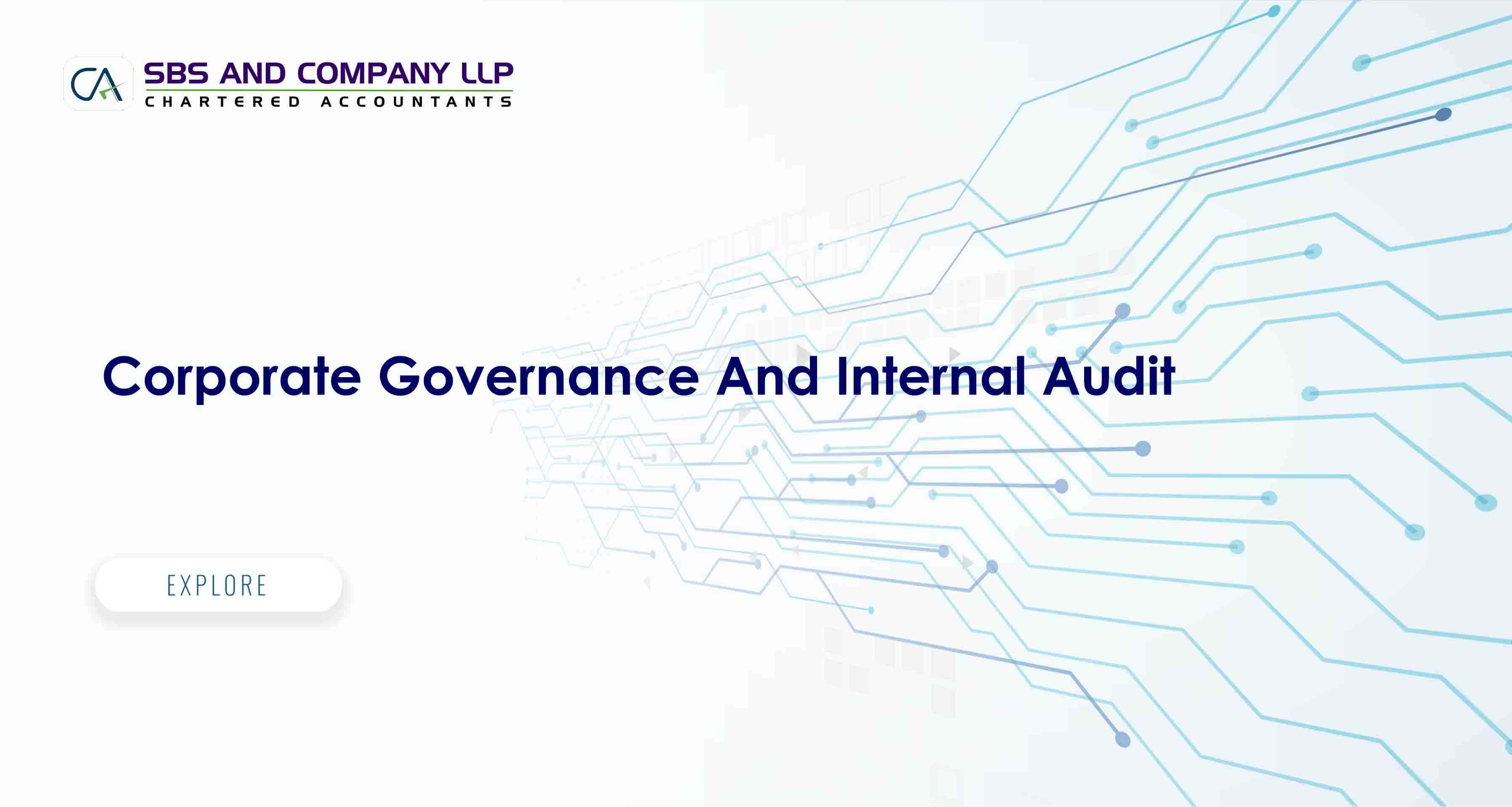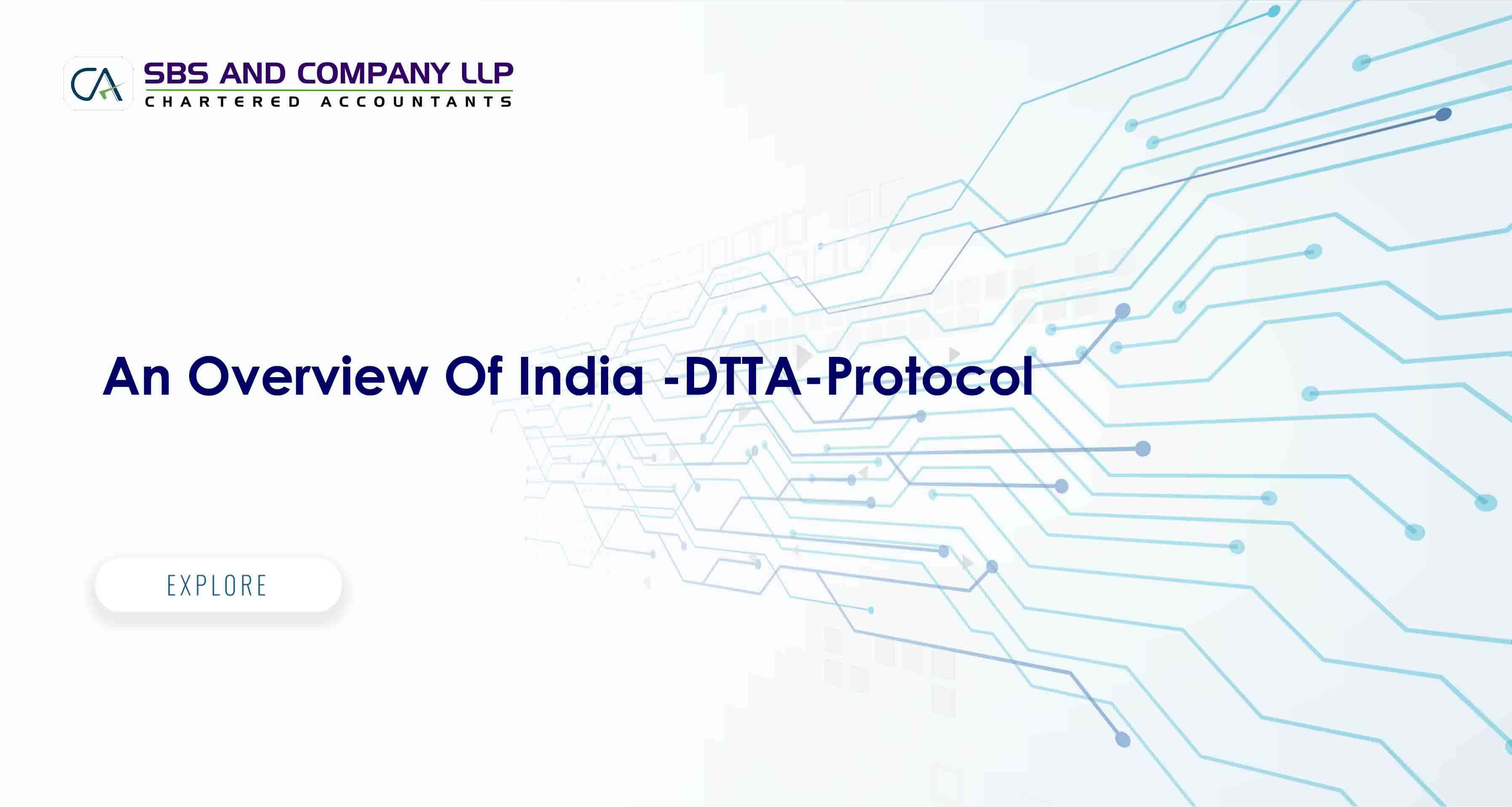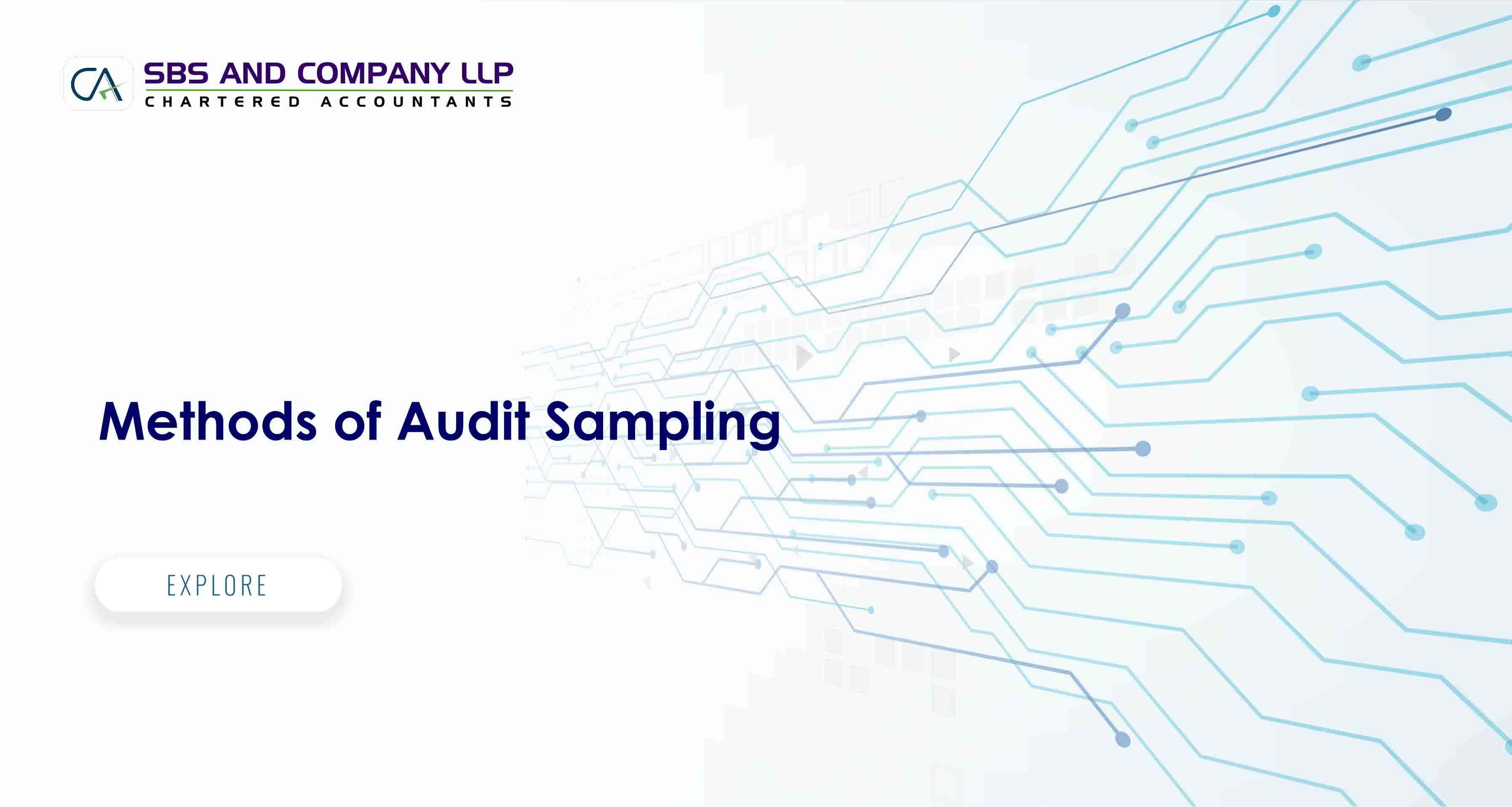Service tax on ocean freight is made effective from 01.06.2016. Since, this being a new levy, we have come up with a list of frequently asked questions to gear up to this levy and pay the appropriate taxes without attracting interest and penalties at a later point of time. Hence, we request you to go through the below FAQ’s and comply with this new levy.
FAQ 1:In the opening paragraph, it was stated that the service tax on ocean freight was a new levy. What is the taxability of such transaction till 31.05.2016?
Response:
The services of transportation of goods by a vessel from a place outside India to the customs station of clearance in India is covered vide Entry (p)(ii) of Section 66D of the Finance Act, 1994. Since the said services are covered by the negative list, there is no service tax on such activity.
FAQ 2: When the service was covered under the negative list, why is there a levy of service tax on such transaction from 01.06.2016?
Response:
The entry vide which the services were covered under the negative list were omitted vide Section 149 of Finance Act, 2016. Hence, the service tax on such transactions shall be attracted with effective from 01.06.2016.
FAQ 3: We have heard that the entry (p) (ii) in the Section 66D (negative list) is deleted and consequently an exemption for the same services were provided by amending Notification No 25/2012-ST dated 20.06.2012. So, in light of such exemption entry, is there any liability on such ocean freight?
Response:
The entry (p)(ii) of Section 66D of the Finance Act, 1994 deals with transportation of goods by vessel and aircraft from a place outside India to customs station of clearance in India. After the removal of the said entry from the negative list, an exemption is granted only to transportation of goods from a place outside India to customs station of clearance in India carried by an aircraft. Hence, only services provided by aircraft are exempted post 01.06.2016 vide Entry 53 of Notification No 25/2012-ST dated 20.06.2012. Hence, the services provided by vessel shall be subjected to service tax since the exemption is only for the transportation done by aircraft.
FAQ 4:If service tax is levied on the ocean freight, the service provider charges the same and collects from the service receiver. Why should the service receiver should know about this levy? Response:
Normally, the service provider is the person responsible for payment of tax as per Section 68(1) of the Finance Act, 1994. However, if the services are consumed in taxable territory and the location of service provider is non-taxable territory and location of service receiver is taxable territory as per the Place of
11 | P a g e
SBS Wiki www.sbsandco.com/wiki
Provision of Service Rules, 2012, then the service receiver shall be the person responsible to pay service tax on such transactions as per Section 68(2) read with Rule 2(1)(d) of Service Tax Rules, 1994 read with Entry 10 of Notification No 30/2012-ST dated 20.06.2012.
Hence, service receiver has to pay service tax when the services are consumed in the taxable territory, location of service provider is non-taxable territory and location of service receiver is taxable territory.
FAQ 5: We are manufacturer engaged in manufacture of excisable goods. For such manufacture, we procure raw materials, inputs and other items from a seller located outside India, let us say China. We book the services of vessel for transportation of such goods from China to India and the freight has to be paid in US$ to the shipping company, who is also located in China. In this case, whether we are responsible to pay service tax on such freight paid to shipping company?
Response:
As stated in FAQ 4, the service receiver (the manufacturer) shall pay the service tax only if the consumption of service is taxable territory, the location of service provider is non-taxable territory and the location of service receiver is taxable territory.
Since, the goods are destined from China to India, the place of consumption of service as per Rule 10 of Place of Provision of Service Rules, 2012 shall be India (taxable territory). Further, the shipping company is located in China (that is to say the location of service provider is non-taxable territory) and the manufacturer is located in India (that is to say the location of service receiver is taxable territory).
Since all the conditions are satisfied, the manufacturer has to pay service tax on such ocean freight to the credit of central government.
FAQ 6: In the above question, if the shipping company happens to be an Indian entity, still service tax is required to be paid by the service receiver?
Response:
As stated in response to FAQ 5, there shall be obligation on service receiver only if all the three conditions satisfy cumulatively. In the instant case, the location of the service provider is India that is taxable territory (since the shipping entity is an Indian entity), one of the conditions fails and accordingly there shall not be any liability on service receiver. Hence, the service provider that is the shipping company should charge service tax and collect the same from the service receiver.
FAQ 7: Normally, the freight incurred on the importation of goods is included in the value of goods for the purposes of calculation of customs duty. Hence, with effective from 01.06.2016, there shall be two taxeson the freight expenses that is customs duty and service tax. Please clarify.?
Response:
In this regards, it is important to understand the judgment pronounced by Honourable Mumbai CESTAT in the case of United Shippers Limited vs Commissioner of Central Excise, Thane-II [2015] 57 taxmann.com 429 (Mumbai-CESTAT). The assessee involved therein has provided transportation services by barges from mother vessel to jetty and the revenue has saddled the assesse with service tax on such services under the head ‘Cargo Handling Services’.
12 | P a g e
Frequently Asked Questions - Service Tax on Ocean Freight |
SBS Wiki www.sbsandco.com/wiki
The Tribunal vide Para 5.2 and 5.3 of the judgment has held that the question of providing any service shall come into picture only once the importation of goods is completed. When the goods are transported from mother vessel to jetty, the import transaction has not been completed as per Garden Silk Mills Limited vs Union of India 1999 taxmann.com 696 (SC) and hence there cannot be any service tax impact on such activity/transportation charges. Further, the Tribunal also held that for this reason itself the valuation rules under Customs are specifically amended to include the barge charges for the purposes of payment of customs duty.
Hence, relying on the above judgment, there cannot be any service tax on ocean freight since such service is provided pre-importation, part of import activity and is subject to customs duty.Thus there exists ambiguity over validity of present levy of service tax on ocean freight.
On the other hand the Delhi Tribunal in the case of Oracle India Pvt Ltd vs. CCus, 2015-TIOL-1766-CESTAT-Del, wherein one of the issues considered relates the applicability of customs duty on license fee paid as a condition of sale towards import of software media packs. The appellant in fact has paid service tax on the license fee considering it as imported service. In this context, the tribunal held that there is no provision warranting exclusion from assessable value for customs purposes, on the ground that service tax has become chargeable on such license fee under a different statute.
Thus there are conflicting views on the issue of applicability of service tax when a particular service transaction forms part of import activity and is considered for valuation for Customs purposes. Recently, the Authority for Advance Ruling in the case of Berco Undercarriages India Private Limited [2016] 68 taxmann.com 380 (AAR-New Delhi) considered the issue relating to applicability of service tax under reverse charge mechanism on foreign C&F Agent services considering it as an imported service. The cost towards these services are actually included in the value of imported goods and accordingly subjected to customs duties and .It has been held that Held that in the absence of any law pertaining to exemption of service tax on the value of services which forms part of the value of imports, there shall be a liability towards service tax on same value. Accordingly, stated that service tax is required to be paid on the imported C&F Agent services. Hence, taking clue from the above judgments it can be inferred that service tax shall be payable on such freight expenses even though customs duty is being paid on the same amount.
Assuming that the service tax is payable (leaving the wisdom delivered in United Shippers Limited), since service tax is being paid, whether transportation expenses can be excluded for the purposes of payment of customs duty? The answer would be in negative, since there is no exemption in this regard. The TRU Circular F No 334/8/2016-TRU dated 29.02.2016 has clarified that the service tax paid on such freight shall not form part for the assessment of customs duty, but not stated that customs duty is not required to be paid on such transportation expenses. In fact there is no corresponding provision under Customs Act, 1962 even to exclude service tax component of ocean freight incurred from the value of imported goods. In view of this, one may go on to question the exclusion of service tax component also.
To summarise, as per the law stands on the date of this paper, both customs duty and service tax are required to be paid on the transportation expenses.
13 | P a g e
Frequently Asked Questions - Service Tax on Ocean Freight |
SBS Wiki www.sbsandco.com/wiki
FAQ 8: Whether service tax has to be paid on the entire freight amount or is there any abatement specified?
Response:
An abatement of 70% on the gross amount charged/paid has been provided vide Entry No 10 of Notification No 26/2012-ST dated 20.06.2012. The abatement comes with a condition that cenvat credit of input and capital goods used for providing taxable service shall not be taken. Hence, service tax has to be paid on 30% of the gross amount charged/paid to the shipping vendor.
When service tax is required to be paid by service receiver under reverse charge, an abatement of 70% can be claimed as the overseas service providers are in general not entitled to avail any credit.
FAQ 9: I have ordered goods from China by entering into an agreement with the Chinese Shipping company. As per the agreement, the goods should be unloaded at the Indian port within 3 days from the date of availability of berth. If the goods are not unloaded within 3 days, demurrage charges shall be applicable for such delay and payable to the foreign vendor. Since, the obligation to pay service tax rests on me under revers charge mechanism, whether service tax has to be paid on the demurrage charges also?
Response:
Yes, service tax has to be paid on the demurrage charges also. Any amount that becomes realisable on account of demurrage or by any other name called shall be included in the value of taxable services as per Rule 6(X) of Service Tax (Determination of Value) Rules, 2006. Hence, service tax has to be paid on such demurrage charges paid to the foreign vendor under reverse charge mechanism in light of the said rules. The abatement of 70% can be availed on the demurrage charges also as these charges are naturally bundled under Section 66F(3) and are essentially forms part of ocean transport cost.
FAQ 10: I am a manufacturer/service provider liable to pay service tax on ocean freight under reverse charge. What is the due date for payment of such tax?
Response:
As per Rule 7 of Point of Taxation Rules, 2011, the point of taxation for services falling under reverse charge mechanism shall be the date of payment to the vendor. However, if the payment is not made within 3 months from the date of invoice, then the point of taxation shall be date immediately following the said period of 3 months.
For example, if the date of invoice of the vendor is 10.07.2016 and assuming the payment is made on
25.07.2016, then the service tax shall be payable by 06.08.2016. However, if the payment is made on
31.12.2016, then the service tax shall be payable by 06.11.2016 (since 3 months gets exhausted by
10.10.2016).
FAQ 11: I have received services of transportation prior to 01.06.2016. An invoice to this extent has been issued by the service provider. However, the payment is still outstanding as on 01.06.2016. I am a person responsible to pay freight under reverse charge. In such a case, is service tax required to be paid on such freight?
Response:
As per Rule 5 of Point of Taxation Rules, 2011, the service which is taxed for the first time, then, no tax is payable if invoice has been issued and payment has been received/made before such service becomes taxable.
In the instant case, an invoice has been issued prior to taxable date, however, payment has not been made. Hence, service tax is required to be paid on all instances where invoice is issued and payment is not made as on 01.06.2016.
FAQ 12: I have remitted an advance to the foreign shipping vendor for the services to be provided by him post 01.06.2016. He has sent me an invoice for the services to be provided on 13.06.2016. I am a person responsible to pay service tax on freight under reverse charge. In such a situation, is service tax required to be paid on the advance paid prior to 01.06.2016?
Response:
As per Rule 5 of Point of Taxation Rules, 2011, the service which is taxed for the first time, then, no tax shall be payable, if the payment has been received/paid before the service becomes taxable and invoice has been issued within 14 days from the date when the service is taxed for the first time.
In the instant case, an invoice has been issued by service provider by 13.01.2016, which is within 14 days from 01.04.2016 and hence there shall be no service tax impact on such advance paid prior to 01.06.2016.
FAQ 13: Whether the service tax paid on the ocean freight is eligible as input service for the manufacturer or service provider, as the case may be?
Response:
The service tax paid on the ocean freight is eligible as cenvat credit, since the definition of the ‘Input Service’ as per Rule 2(l) of Cenvat Credit Rules, 2004 specifically covers ‘inward transportation of inputs and capital goods’. Hence, cenvat credit of service tax paid under reverse charge shall stand eligible.








